“WE NEVER KNOW THE WORTH OF WATER TILL THE WELL IS DRY“
– Thomas Fuller

With today’s level of consumption, the natural resources on Earth are estimated to last only for another 20 years.
As consumers, it is imperative for us to make the switch to renewable sources of energy and promote conservation of resources wherever possible.
At Sarjaa, we understand the worth of our finite resources.
Our vision is to meet our priorities – high sustainability and fashion, as efficiently as possible. We are united through our core values and a desire to make a positive impact on the world.
At present, our processes at Sarjaa are 90% sustainable.
We aim to become 100% sustainable with time. Our products offer you a greener alternative, to be more environmentally conscious in your fashion choices.
To achieve our goal in the near future, it is essential for us to say NO to the bad stuff, and support what’s good – for us and our environment.
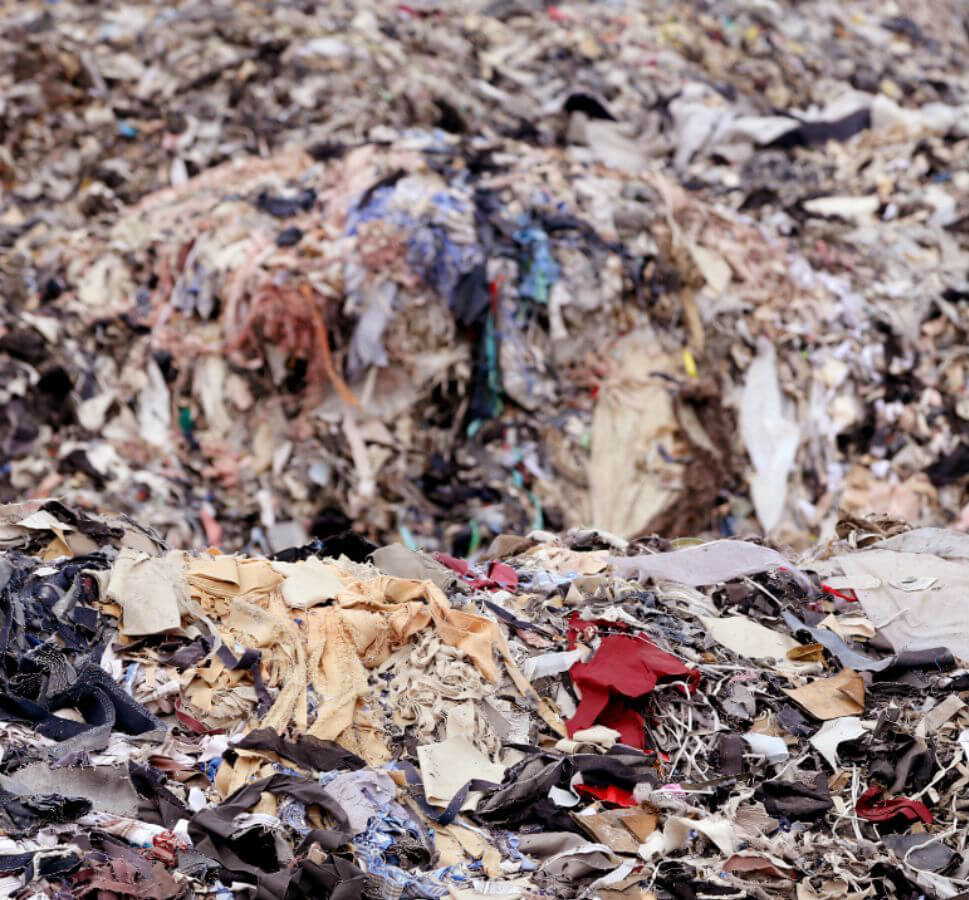
FASHION POLLUTION & SARJAA'S SOLUTION
Looking and feeling good shouldn’t come at such a cost to our environment.
The fashion industry is the second most polluting industry in the world. It is increasingly threatening our fragile environment. Within the fashion industry, production and processing of animal leather is the most abominable activity, in terms of animal cruelty and waste generated. Water and energy consumption for production of leather is very high, which is unsustainable for our environment. Inorganic and chemical-driven dyeing processes pollute the environment and are incredibly toxic to animal and marine life. On the other hand, seemingly safer, ‘vegan’ leather options are bad for our planet as well, since creation of fake or faux leather generates a lot of toxic micro-plastic waste and puts an undue burden on our finite natural resources for their production.
Sarjaa is the solution to this problem.
We offer a more sustainable alternative to vegan and animal leather: leather derived from fruits and plants. Our vegan leather handbags are made from plant and fruit leather, with a focus on creating stylish yet environmentally friendly products for the Indian market. Our brand aims to create awareness of the environmental crises and promote usage of high-quality clean and green alternatives.
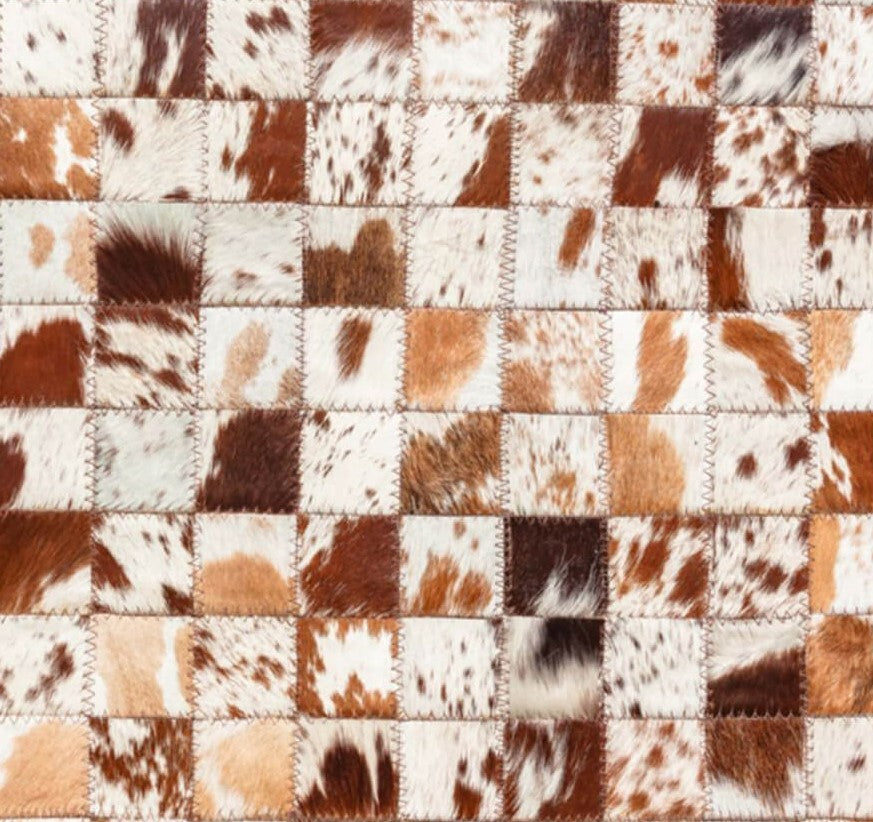
The Leather Industry
The Indian leather industry is one of the most polluting industries in the world. Due to the treatment of animal leather, large amounts of toxic chemicals and heavy metals such as cadmium, chromium, lead, arsenic, copper, and manganese are released into the rivers, harming aquatic life and the surrounding environment.
70% of untreated animal hide is discarded as solid waste and goes straight into landfills, polluting the soil and the groundwater underneath. Additionally, water used in the initial preparation stage becomes toxic as animal by-products are mixed into this and discarded. This waste then finds its way into the nearest water body.
Just because they don’t have a voice, doesn’t mean they can’t speak – animal cruelty is a real cause for concern.
In addition to land and water pollution, the leather industry is the cruelest industry when it comes to animal rights. Approximately 1 billion animals are killed by the leather industry every single year across the world, a figure which is habitually under-reported.
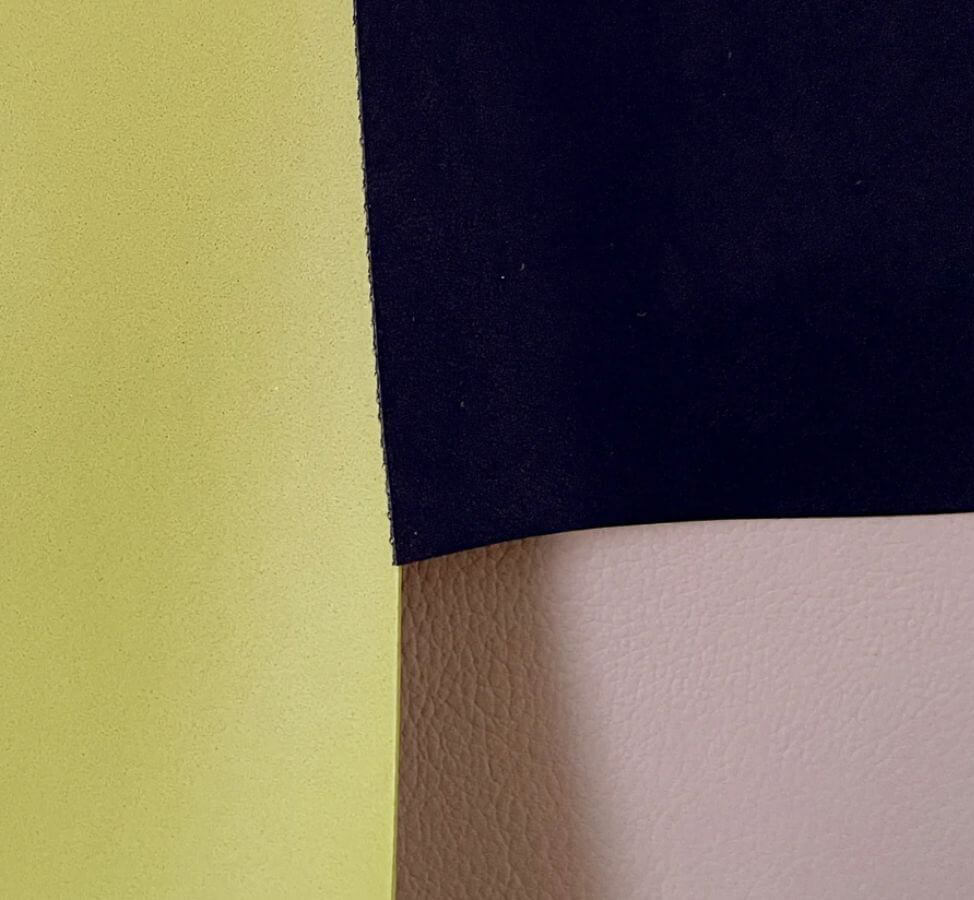
Vegan Leather vs Sarjaa's plant-based leather
So if not animal leather, would vegan leather be better? You’ll be surprised to know the answer.
While vegan leather would logically seem like a better option, its usage comes with many harmful implications for our environment.
How Sarjaa’s plant and fruit-based leather differs from vegan leather?
While vegan leather does not use any animal products in its production, it does take the form of polyvinyl chloride or PVC, which comes with a threat of micro-plastic pollution. This is due to the large amounts of natural resources and chemicals used to produce ‘faux’ or fake leather material.
At Sarjaa, we refuse to use animal leather or vegan leather and instead make use of natural plant and fruit-based leather for our vegan handbags. This type of leather generates zero pollution and does not consume an extraordinary amount of natural resources for production – giving you a clean yet sophisticated alternative to suit your lifestyle.
Our Materials
Sarjaa says no – to toxicity, PVC, phthalates, chemical and animal-derived ingredients. We stand by style, brought to you by nature’s goodness.
Sarjaa uses apple leather, cactus leather, pineapple leather, organic pure cotton, recyclable/green aluminum metals, 70% post-consumer recycled hardware ad zips, eri Silk, and all good things that do not hard our mother's land, oceans and respective species, all in the creation of our fruit leather handbags.
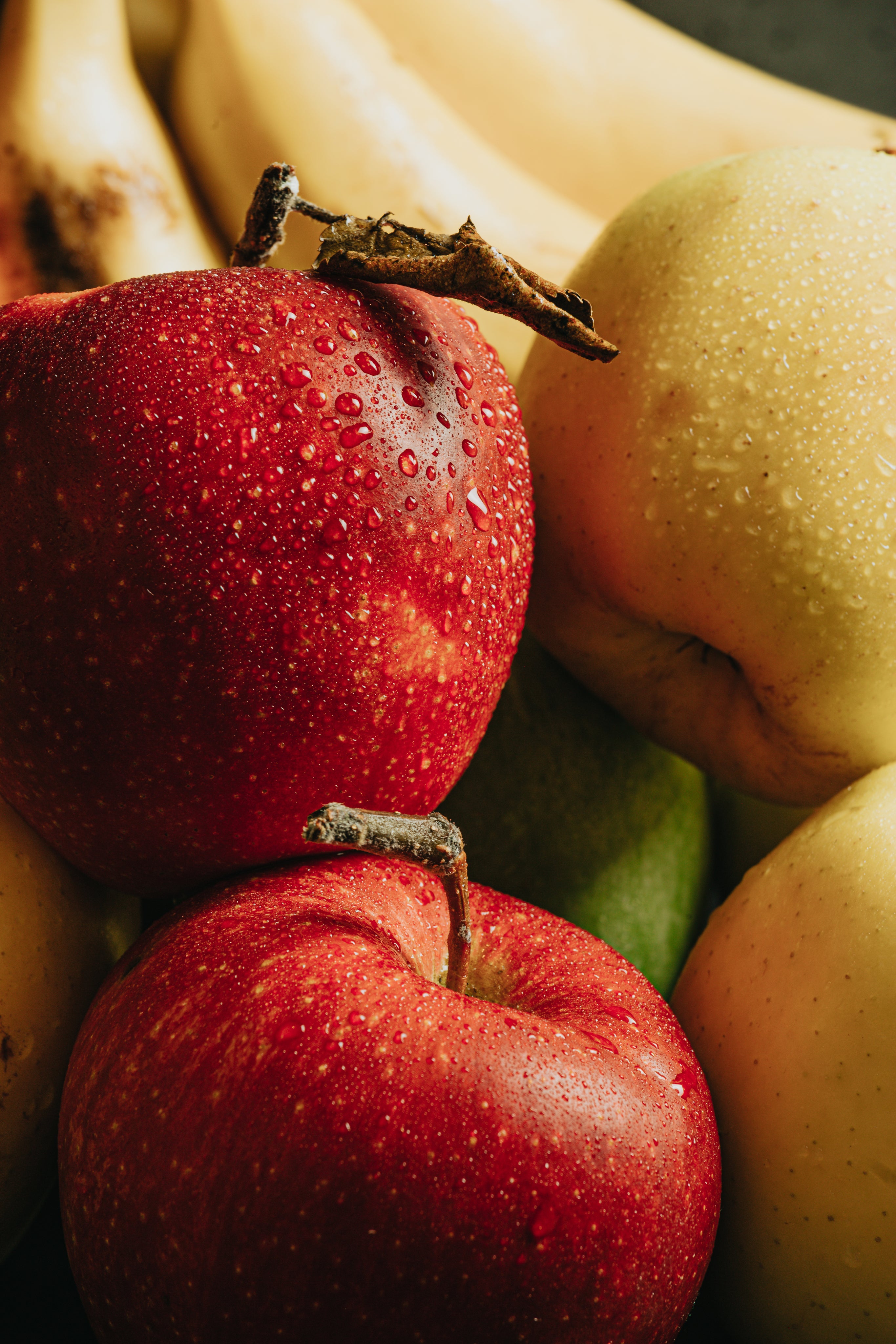
Apple Leather
The apple leather we use is derived from the waste recovered from the juicing industry. The mushy waste is processed to form apple leather, which is absolutely cruelty-free. This nature-derived raw material equates to fewer natural resources being extracted from the planet, lower emissions and lower energy consumption across our entire supply chain.

Cactus Leather
Climate change is affecting each and every corner of the world. Plants must adapt to changing weather patterns and systems to survive. The cactus is thought to be a miracle of nature. It can survive in extremely hot weather and has the capacity to retain water. A cactus can reduce the overall amount of carbon dioxide in the atmosphere and restore degraded soil. The leather extracted from cactus needs less water in the production process as compared to other sources of plant-based leather.
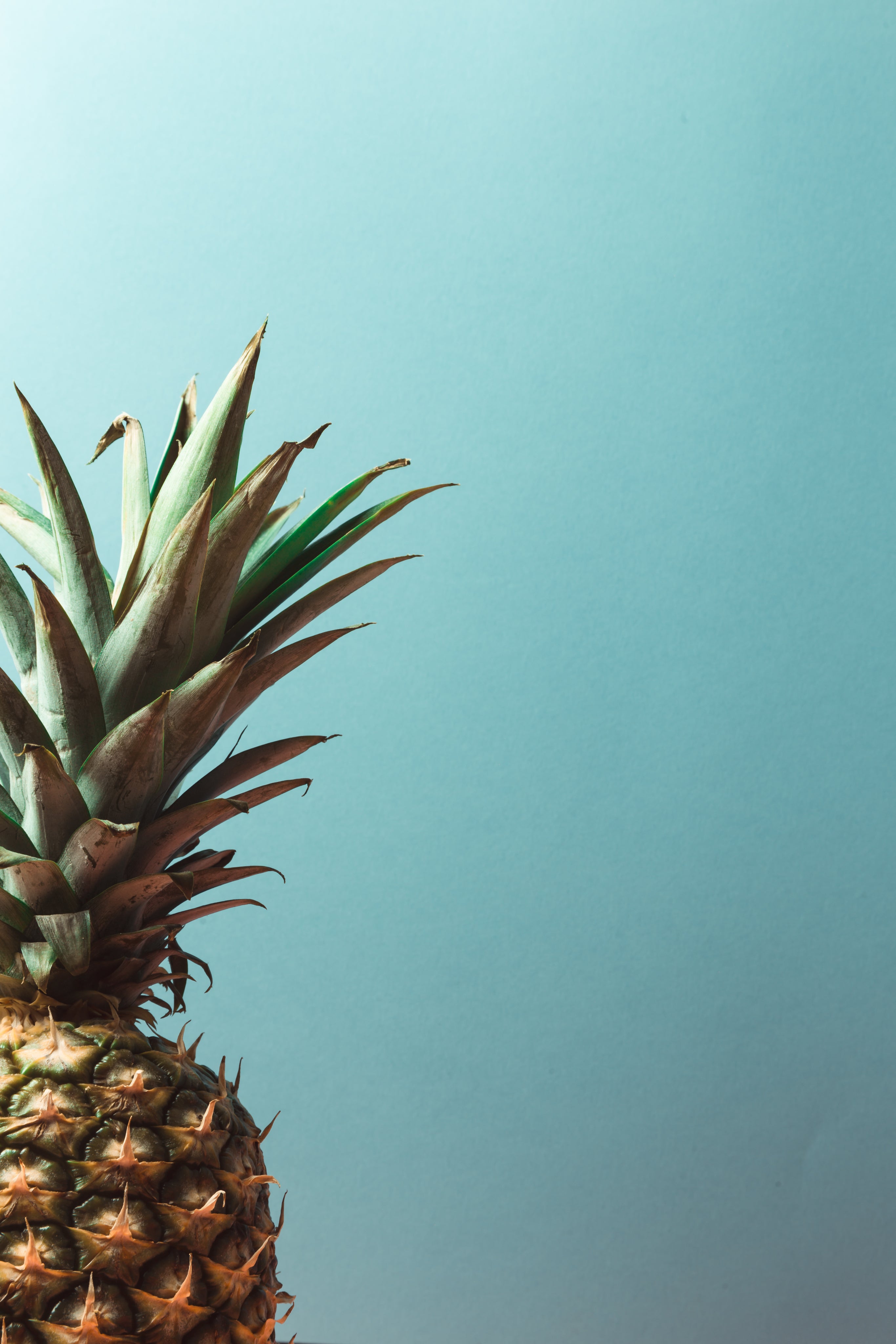
Pineapple Leather
Pineapple leather is an innovative natural textile made from waste pineapple leaf fibre, a by-product of agriculture. This leather is sustainably sourced and cruelty- free. It has a low environmental impact and involves reusing a good amount of plant waste which would otherwise be discarded. The raw material requires no additional resources to be produced, as it is made from the existing pineapple harvest.


Materials
Inner Lining Material & Dyes
The inner lining in our products is made using organic cotton which is responsibly grown and Eri silk, which is obtained without harming silkworms. Due to the strong and durable nature of this silk, it lasts longer, eliminating any need for replacement. Our organic dyes consume less water during processing, leading to greater conservation.
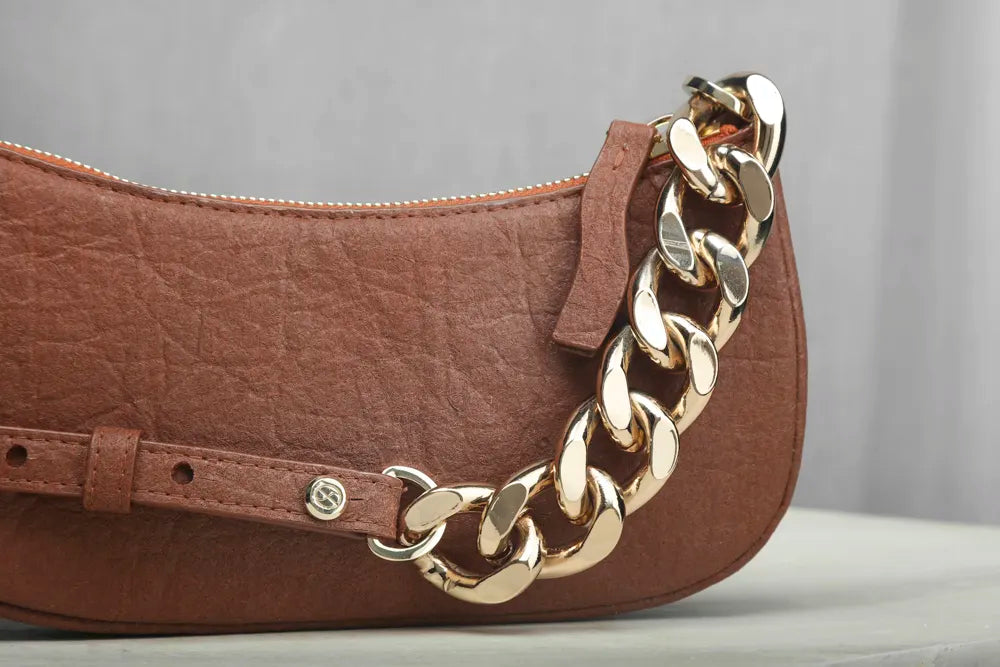
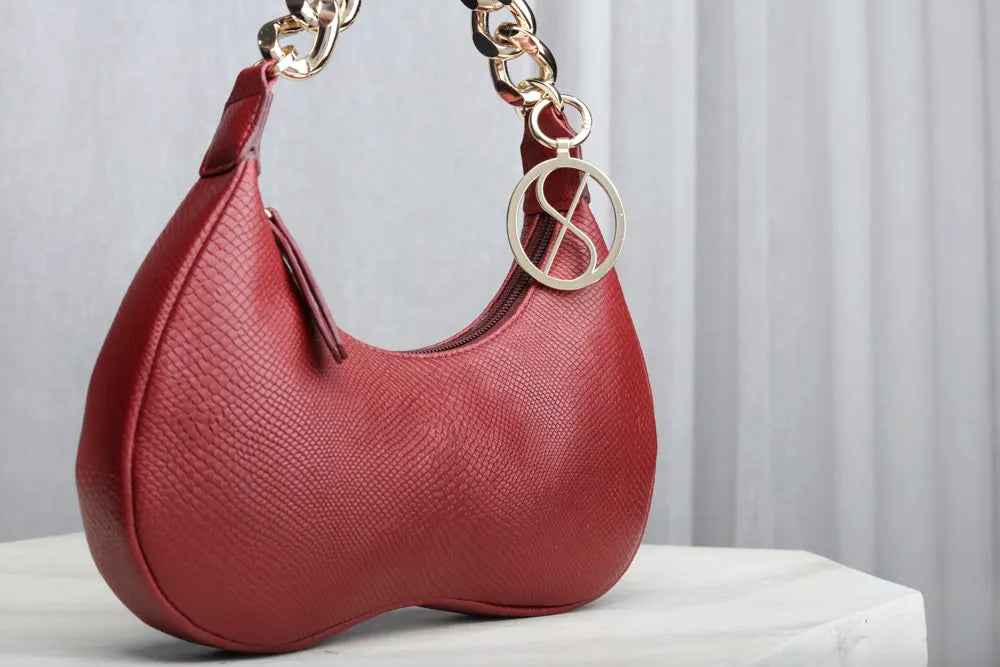
Materials
Hardware – Zips & Chains
We utilise 70% post-consumer recycled polyester and zinc alloy in our products. Greener metals such as recycled aluminium and brass are used to make the zips and chains which can be in turn recycled.
We are conscious of our carbon footprint – our offices and production processes have been made as eco-friendly as possible, generating a low carbon impact.
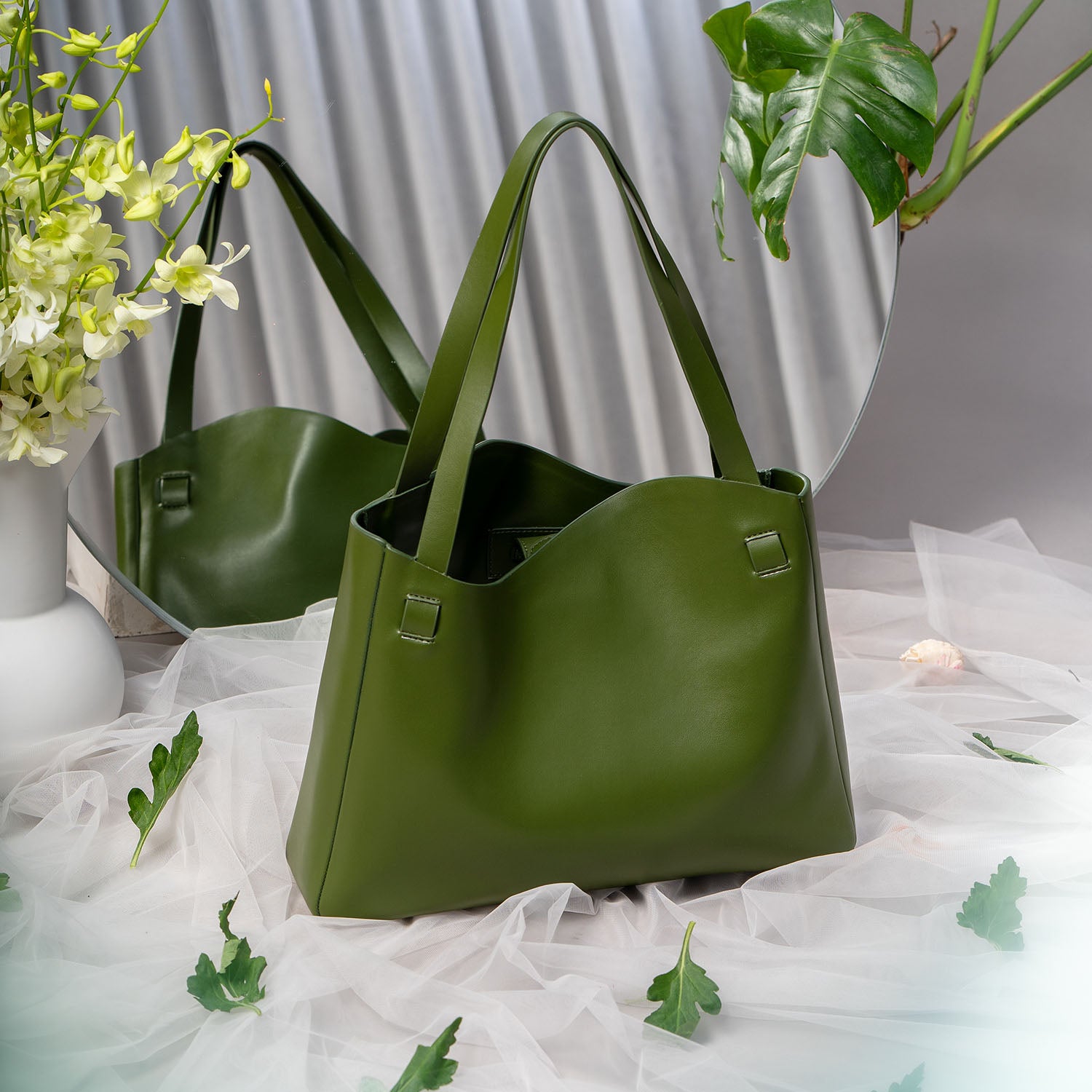
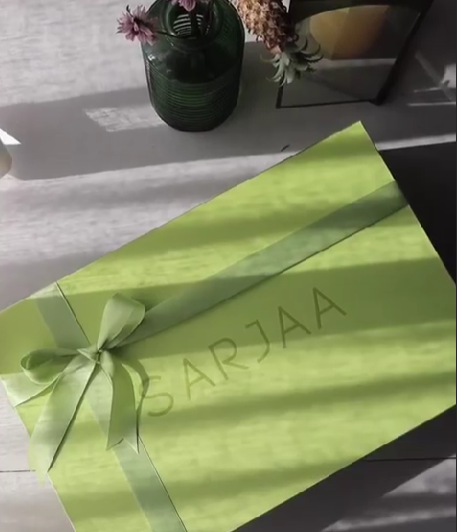
Materials
Packaging
Sarjaa is deeply connected with the roots of our planet – Our packaging is completely recyclable! Mainly created from recycled art board and recycled paper, our boxes can be further recycled or reused at home.
Our dust bags are made from organic cotton, sustainably grown to keep our products fresh, scratch-and-dust-free! The zips and chains used in our products are made from aluminium, the most cost-effective material to recycle.
We believe that the origins of a green planet begin at home, and have added an earthy touch to our bag tags and cards. Each tag and card is made from plantable seed papers, and can grow into different plants, herbs or fruits! Who said fashion can’t be earth-friendly?
Carbon Neutrality & Water Consumption
At present, the processes we follow are 90% sustainable. With time and creation of a more symbiotic relationship with the environment, we aim to become 100% sustainable and achieve carbon neutrality.
In line with our principle of saying NO to toxic chemicals, PVC and other pollutants, vegan leather is not a sustainable option for us to use. Not only does it generate enormous amounts of toxic particles and micro-plastic based pollutants, vegan leather uses up a fair share of water and carbon during production processes. This is because the creation of fake leather calls for pulling more resources from the environment to create something that would resemble the original animal-derived leather. But what we know for sure, is that neither animal nor vegan leather is a sustainable solution.
Keeping this in mind, we chose our core component for our products with care – fruit and plant-based leather. This form of leather requires a significantly lower amount of water for treatment.
While our processes and ingredients are 100% vegan in nature, we do not support or use vegan leather which is toxic for our environment.
We use organic dyes which need less water for processing, leading to greater conservation and saving. The inner lining in our products is made using organic cotton which is highly recyclable, and Eri silk derived without harming silkworms. Our production processes, beginning with sourcing, all the way through to finishing the product are cruelty-free, and focus on giving back the maximum possible benefits to the environment.
Recycling Guide
Recycling is an important aspect of our vision. Our products are made using plant and fruit-based leather, sourced as leftover material from the juicing industry.
Recycled art boards and recycled paper: Our boxes are made from recycled art boards and paper which can further be reused or recycled. Contact your city’s Municipal Corporation or local recycling company to discuss options as they collect such material in bulk (and sometimes even offer a home-pickup!).
Prefer to reuse our boxes at home? Great option.
Organic cotton: Our dust bags are made from organic cotton, which is not chemically treated and generates a lower amount of waste than regular cotton farming, making it a cleaner alternative. The dust bags can be shared with local NGOs in your city, who reuse the material to make cloth shopping bags and covers for small appliances.
Aluminium: The zips and chains used in our products are made from aluminium, the most cost-effective and versatile material to recycle. All components made of aluminium can be melted down and reused multiple times. Connect with your nearest garage or auto body shop; they can put the aluminium to good use in their repair work.
Plantable seed papers: Each bag tag/card is made from plantable seed papers, and can grow into different plants, herbs or fruits. We’d love to see you planting these at home! Upload your photos to Instagram and tag us @sarjaaworld

